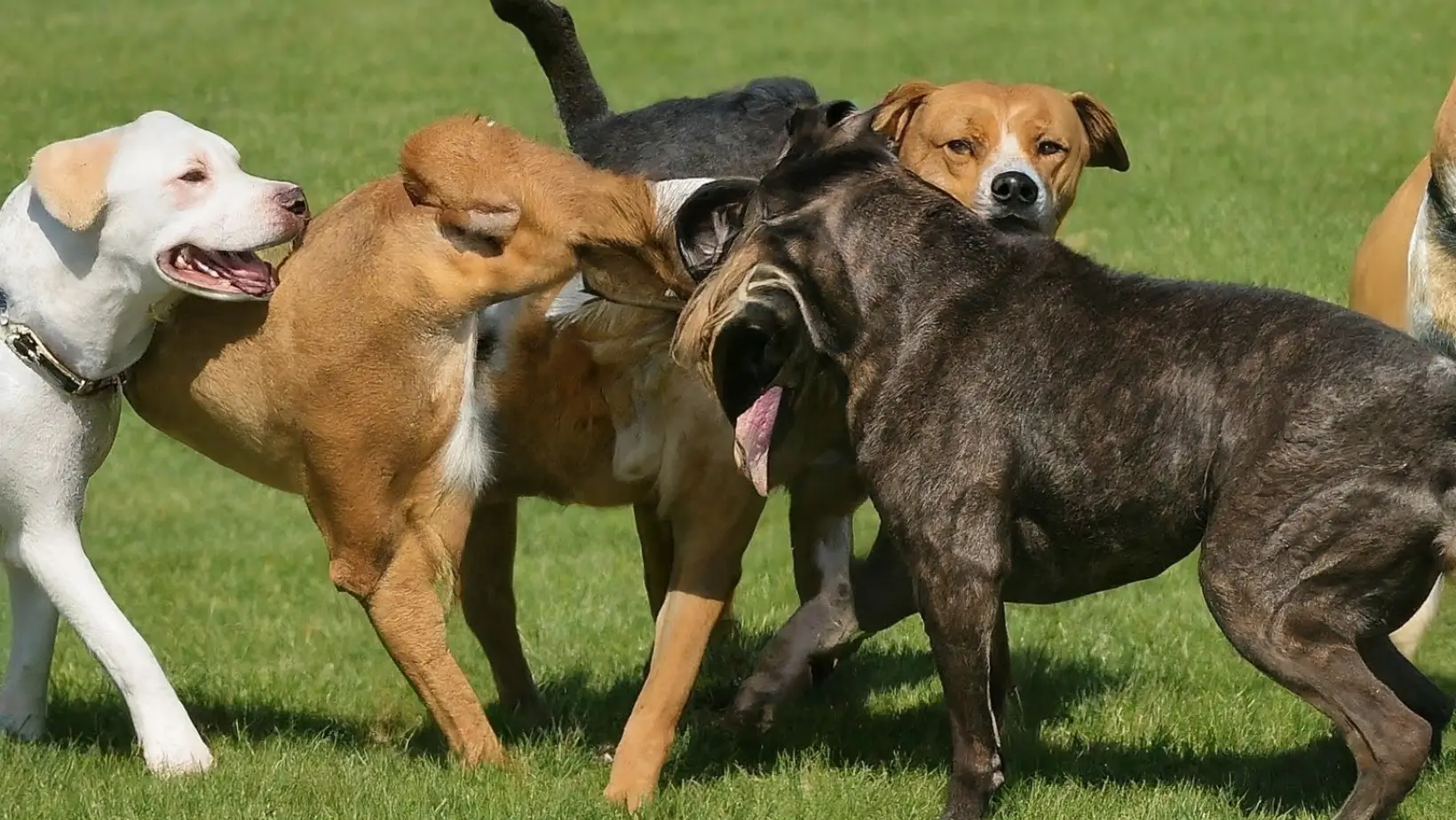Table of Contents
Toggle1. Recognize the Socialization Critical Period
For a puppy, the crucial time for socialization is between 3 to 14 weeks of age. It’s crucial to introduce your dog to a range of people, dogs, and circumstances in a secure setting at this period. Early exposure reduces anxieties and fosters trust, enabling the puppy to develop the calm and inquisitiveness necessary to handle new situations. It can be more difficult, but still doable, to start socializing beyond this point, which emphasizes how crucial it is to seize this window of opportunity.
2. The Experience of a Puppy and Its Long-Term Effects
Dog behavior in later life is greatly influenced by events that occur throughout the early stages of life. Positive interactions with a variety of stimuli, such as people, other animals, and environments, help puppies become more adaptive and self-assured. On the other hand, aggressive or scared behaviors may result from a lack of exposure or bad experiences. Thus, to lay a strong foundation for socialization, it is essential to develop pleasant contacts that are guided by patience and positive reinforcement.
3. Advice for Early Socialization
More than merely introducing your puppy to new situations is necessary for effective socialization; those encounters also need to be constructive and enriching. Here are a few useful pointers:
- Attending Puppy Classes: These programs give your dog a secure setting in which to socialize with other dogs and acquire fundamental manners in a monitored and controlled setting.
- Diversified Walks: Change up the paths you take your puppy on to introduce him to a variety of settings, noises, and scents. This could involve going to the country, cities, and parks.
- Scheduled Get-togethers: Arrange get-togethers with loved ones who own well-behaved dogs. Ensure that both animals benefit from these monitored encounters.
4. Improvement of Human Socialization
Dogs and people have a special bond, and your pet’s emotional health needs to foster healthy interactions. To strengthen this relationship:
- Exposure to Human Diversity: To prevent your dog from picking up certain concerns, make sure they socialize with a variety of people, including kids, senior citizens, and persons in caps or uniforms.
- Positive Interactions: Human interaction should be positive at all times. Reward and compliment each other to make these exchanges feel like enjoyable experiences.
- Respect for Limits: Be aware of and mindful of your dog’s boundaries. Retry the interaction more gently and walk back if he exhibits signs of uneasiness.
5. Controlling Sensations and Fears
Dogs are sensitive animals that respond to both their immediate surroundings and the feelings of people in their immediate vicinity. To control your fears:
- Sign Identification: Acquire the ability to spot your dog’s nervous or afraid body language, including stiff posture and avoiding eye contact.
- Progressive Exposure: Try a controlled, progressive introduction if your dog exhibits dread of a particular object. Reward them for every little step they take toward desensitization.
- Consult Professionals: If you suffer from severe anxiety or worries, you might want to contact a professional trainer or ethologist.
6. Socialization as a Lifelong Journey
The process of socialization continues during the puppy years and continues for the duration of the dog’s life. The secret to your dog’s emotional and behavioral growth is to regularly expose him to new situations and keep him socially engaged.
- Including New Experiences: Over your dog’s life, expose him to a variety of people, animals, and situations.
- Social Games and Activities: Take part in games and activities that encourage social interaction between dogs and people.
- Frequent Behavior Assessment: Keep a close eye on and assess your dog’s social behavior regularly to spot any areas that might need more care.
In summary
The foundation of creating a positive relationship between owners and their dogs is dog socialization. By using these techniques, you’re improving both your and your dog’s quality of life in addition to helping him grow into a well-mannered dog. Our dedication to the welfare of pets Homes Pet Care drives us to offer the tools and assistance required to guarantee that every dog, regardless of age or stage of life, has the chance to enjoy a complete and happy life. Never forget that the keys to this socialization process are love, patience, and persistence. When we band together, we can significantly improve the lives of our four-legged.




